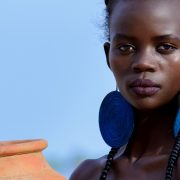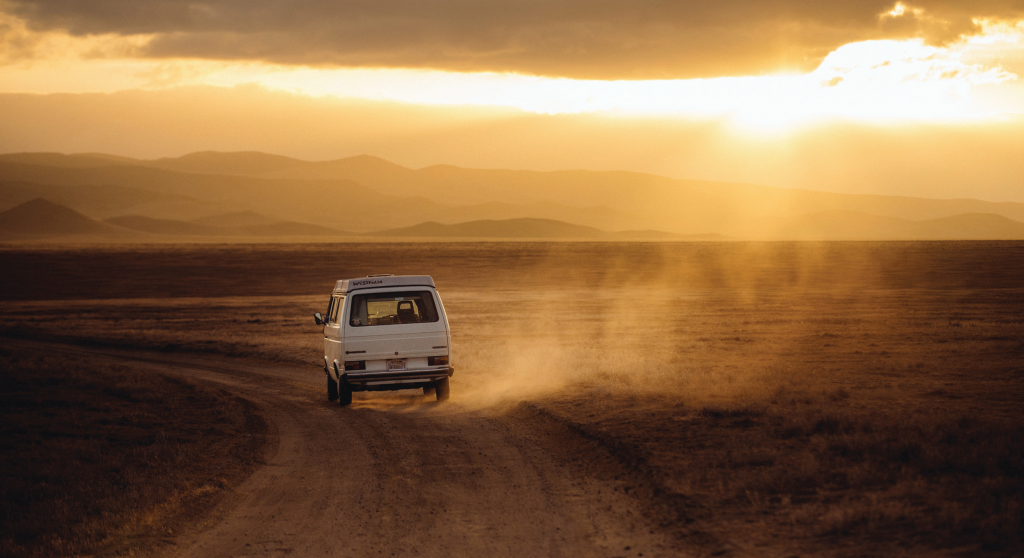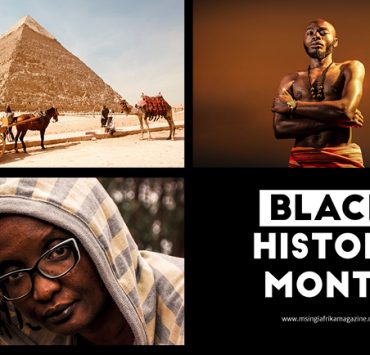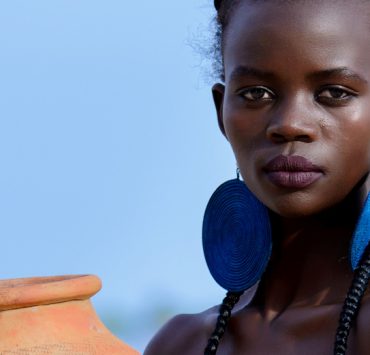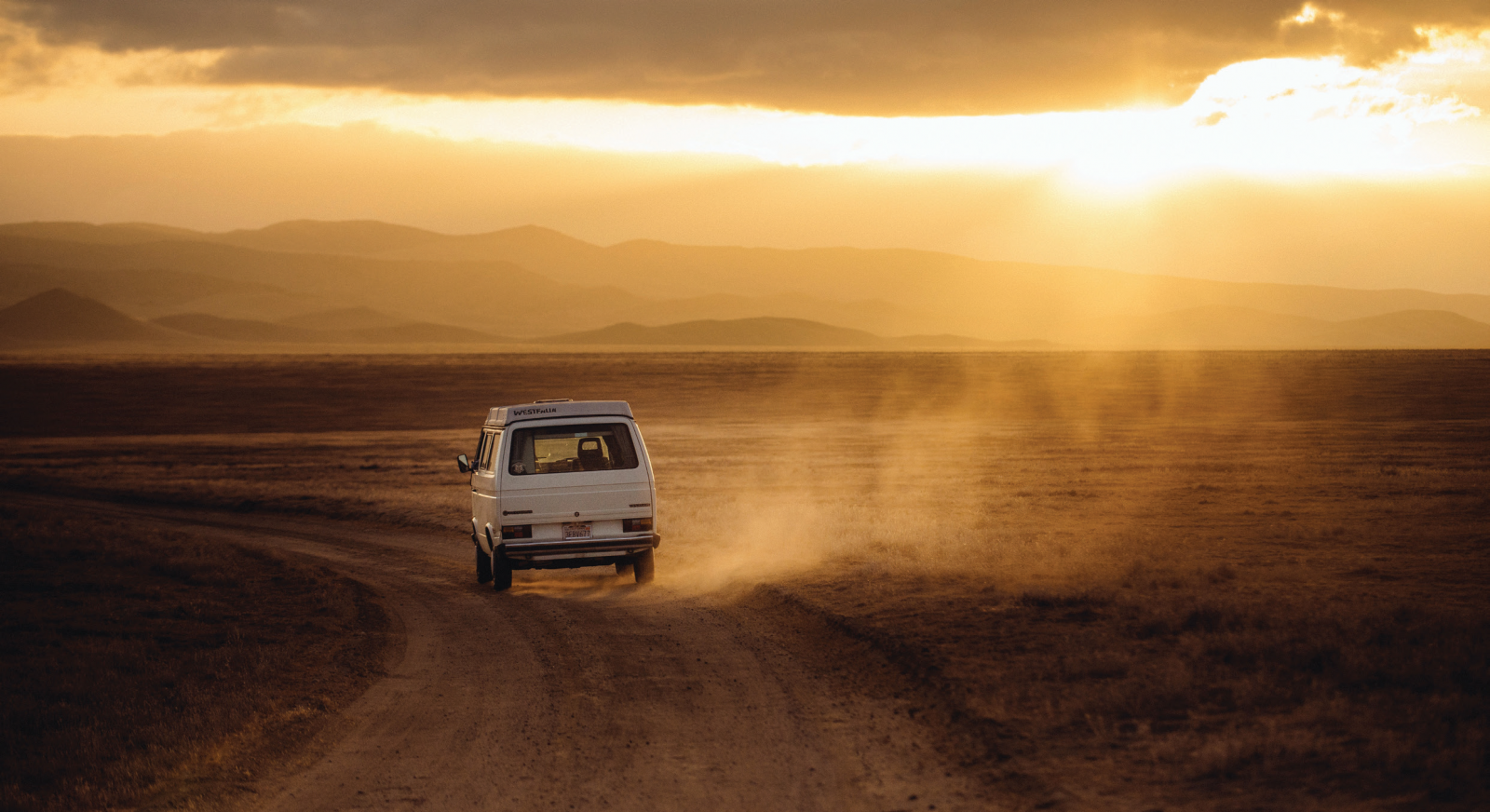
Samuel Phillips is a writer, graphic designer, photographer, songwriter, singer…
Read Next
If there is one thing I have realized in my interactions with various issues that plague Afrikans, both from my real life interactions with people or on the internet, the Afrikan problem is not one of resources or anything physical or outward, it’s clearly meta-physical. Afrika’s so called backwardness, under-development, poverty etc are all nothing but issues of devalued mentality. It’s a programmed reality created to keep the Afrikan man in a never ending loop of ‘not good enough’ syndrome. The Afrikan man’s problem is more mental than he can ever imagine. This issue of self-hatred and self-imposed backwardness is reflected in every area of the life of an Afrikan. He has been programmed to believe that the white man’s education system is superior, so he makes a nonsense of Afrika’s indigenous knowledge. He believes his art is rich and good, but he doesn’t think his own name is worth the richness of the art, so he is happy when others call him the DaVinci of Afrika. He sets up a multi-national e-commerce company called Jumia but rejoices when he is called the Amazon of Afrika, (I wonder what happened to Jumia of Afrika). He calls his Afrikan brother who is as oppressed as himself a criminal or at best an alien, shuts him out as an unwanted element, while opening his doors to the very people who have mastered the ancient art of criminality and stealing by diplomacy. His eyes are closed to the reality of his backwardness not being an outside issue, but an inner disengagement and disharmony caused by the mental border he carries around. He needs help to see that he needs to stop being both immigration officer and border patrol officer of the borders that only exist in his mind. He needs to be set free from himself.
The curse of a mind border
The border lines we have in Afrika are nothing but imaginary lines drawn in the minds of the colonized, oppressed and marginalized people of Afrika by those who think they have lordship somehow over others. They are a subconscious signature that says “you were once together as brothers before we came.” If there is one major evil that was done to Afrika, it is the mental programming that makes us hate and fight ourselves.
What we are really dealing with in Afrika right now are not the things done to us by the colonialists, the imperialists, but the things we are doing to ourselves due to the subconscious borderlines in our minds that say “there is a difference between a Sudanese and an Egyptian, between a Zulu and a Fulani, between a Nigerian and a Kenyan etc. Yes each geographical location in Afrika has a unique blend of things that make them stand out, but our origins are the same. All Afrikans were brothers before we were ever divided. Is it so hard to figure that out?
Physical rendition of a mental problem
I remember being in Nigeria in 2002 when Nigeria and Cameroon went to settle a border dispute in which both were laying claim to the oil rich Bakassi peninsular. There was a bit of tension among the people amid concerns that war was going to break out between the two countries. Of note is that, in taking the case to the International Court of Justice, they didn’t cite any ancient cultural claims to the land, nor the preferences of the region’s inhabitants as regards ancient Afrikan to Afrikan cohabitation and coexistence, nor did they even cite their own national interests. Rather, they cited a pile of century-old European paperwork which bears the drawing of the forced borders. Cameroon won that case because she presented a more convincing map to show that the two European powers, Germany and the British empire, under which both Cameroon and Nigeria were colonized respectively; in 1913, had negotiated the border between these West African colonies, and the peninsular falls on the side of Cameroon. This is not necessarily an isolated issue but it clearly shows how much the nations in Afrika are so tied to their commitment to the very borders that were created by the colonialists without a single consideration for the coexistence of those that live around such borders. Meaning that Afrika, after about sixty years of independence, still doesn’t have her own definition of what it means to be Afrika without the laid down signatures of the oppressors called borders or maps which are nothing but physical representations of mental disengagement from the Afrikan unity and brotherhood.
I sincerely await the day in my lifetime when every border post in Afrika will no longer be that of restriction and visa mongering madness, but a post where Afrikans welcome with joy their fellow Afrikan brothers.
How long should we cry about the slow movement of Afrika as regards development, while at the same time, the movement of Afrikans that will make the development happen is restricted? Let me say this again, like I have said before, the white man irrespective of what you may think or what they front as PR is not your friend as an Afrikan. He hates you for who you are but loves your natural and human resources. He will do all he can with all his hidden agenda-filled European/African summits to keep you under servitude to him. This has been proven over and over again without fail.
Afrikan Citizenship
I am strongly of the opinion that there is nothing Afrika cannot achieve if Afrikans simply look inward to the vast blessings they have.
See this except below:
“Today we are witnessing large-scale movement of people across borders. Political, economic and social instability within nation-states has reached a volatile level. Concern about tightening of borders, national security and increasing fear of the African “Other” are now commonplace. This paper makes some propositions and states the case that colonial borders and preoccupation with territory, securitization and security regimens and “sovereignty” are a bane to African unity. It argues that such impulsion reveals the colonial nature of the so-called postcolony. Secondly, it is time that Africans were granted African citizenship, meaning that there should be free human movement across the borders; an African should feel at home no matter where they are on the continent. Thirdly, there are more merits in dismantling colonial borders than maintaining them.” Except from “Against colonial borders: The need for African citizenship now” written by Hashi Kenneth Tafira on Pambazuka News website.
I copied the above excerpt from a larger article and it gave strength to my thoughts about the emancipation of Afrika from the space of freedom of movement within Afrika by Afrikans by the collapse of borders and removal of visas which I had not thought actually meant Afrikan citizenship.
Before this never ending hatred between Afrikans began, movement of people and goods within Afrika was a major way through which inter-marriage, sharing of indigenous knowledge, strengthening of the Afrikan brotherhood and most importantly, the constant empowerment of the ancient Afrikan super highways of wisdom took place. In fact, as some old Afrikan tales puts it concerning the life of a Doma or traditionalist, a healer who wants to deepen his knowledge about the healing powers of plants must travel so as to learn from other masters the identity and usage of such plants. The old Afrikans, before the colonial days, understood the potency of inter-travel within Afrika for the sake of knowledge and wisdom sharing. There are lots of Afrikan proverbs that point to this thought but let me share just a few.
*The child who travels far excels the elder of old time
*Those who have seen very little talk too much. But those who have seen a great deal cannot find words to explain what they have seen or gone through.
In this age of the internet and lots of technology, one would think the Afrikan wisdom would be more accessible but, quite interestingly it’s not really the case. And the reason is simple; the ancient Afrikan knowledge and wisdom paths are more human relationship centered than they are virtual. The internet gives you access to friends that are just numbers and photos and nothing real.
Erase the physical and mental borders
In the words of Kwame Nkrumah one of the pioneers of the OAU, he said, at the eve of the founding of the organization, “Without necessarily sacrificing our sovereignties, big or small, we can here and now forge a political union based on defense, foreign affairs and diplomacy and a common citizenship, an African currency, an African monetary zone and an African Central Bank. We must unite in order to achieve the full liberation of our continent. We need a common defense system with African High Command to ensure the stability of Africa…with our united resources, energies and talents we have the means, as soon as we show the will, to transform the economic structures of our individual states from poverty to that of wealth, from inequality to the satisfaction of popular needs. Only on a continental basis shall we be able to plan the proper utilization of all our resources for the full development of our continent.” The African leaders did not appreciate Nkrumah’s wisdom at that time, but the Europeans did. The concept of the European Union is based on Nkrumah’s ideas, to the detriment of Afrikan unity.
Afrika has come of age to know that everything the colonialists did as it regards the partitioning of Afrika, borders, capitalism were done for their own sake, that is, to serve their own interests. Now that the colonialists are gone, who do these things serve? I believe it serves the heads of states of Afrikan nations that have turned the governing of their sovereign nations into family businesses, for that was exactly the reason why the ideas by Nkrumah were rejected in the first place.
Physical borders translate into mental borders and somehow into spiritual borders. There is the need for the dismantling of the physical colonial borders even as we target much more the mental borders. Afrikans have been conditioned to hate other Afrikans simply because of different territorial, social and geographical origins, which are also nothing but the fruit of colonialism. Borders are nothing but mental and physical limitations, they should be removed.
SUGGESTED SOLUTIONS
- As already noted in the AU Agenda 2063, it’s important to expedite the issuing of the African Passport. This will create the much needed African citizenship, ease of movement and settlement for Afrikans within Afrika. It is absurd and irresponsible for the government of Afrikan nations to call any Afrikan alien or foreigner, shutting them out while allowing with open arms the real foreigners because they come in as tourists with lots of spending money, investment capital, loans and aid that has turned Afrika into debt and new business colonies.
- Since natural borders are not real, it means we must begin to remove the mental borders that has been programmed into the minds of our people, by not just openly calling for visa removal but to much more create avenues for inter- Afrikan events that will in turn create communication and friendship between Afrikans. We must ask ourselves, why is it that the first reaction Afrikans have when they meet themselves is that of criminality and not brotherhood? The answer to this question will set Afrikans free.
- Create a very flexible system of movement that allows Afrikans who intend to do road trips across Afrika to do so without hassles. It should be specifically visa free for such Afrikan road travelers who are riding or driving through the various Afrikan countries. Special AU stamps on their passports can help to identify such travelers and which also should mandate security authorities to assist them as they pass through any of the countries along their journey. It will create the much needed Afrikan relationship, communication, love among Afrikans, ideas sharing, trade, arts, more connection to nature and its healing power. The list is endless.
Together as Afrikans, we can create a healthy and prosperous Afrika. Share your SUGGESTED SOLUTIONS about the issues in Afrika with us and we will publish them. Contact: editor@msingiafrikamagazine.com
Subscribe now for updates from Msingi Afrika Magazine!
Receive notifications about new issues, products and offers.
What's Your Reaction?
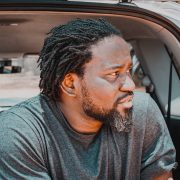 PIN IT
PIN ITSamuel Phillips is a writer, graphic designer, photographer, songwriter, singer and a lover of God. As an Afrikan content creator, he is passionate about creating a better image and positive narrative about Afrika and Afrikans. He is a true Afrikan who believes that the true potential of Afrika and Afrikans can manifest through God and accurate collaborations between Afrikans. Afrika is the land of kings, emperors, original wisdom, ancient civilizations, great men and women and not some road-side-aid-begging poor third world continent that the world finds joy in undermining.








